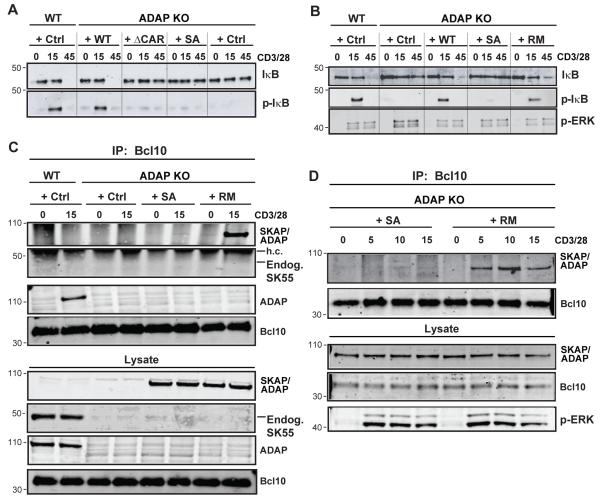Figure 5. The SKAP55 PH domain inhibits ADAP-dependent NF-κB activation.
(A) Naïve hCAR/DO11.10 (WT) and hCAR/DO11.10/ADAP−/− (ADAP KO) T cells were transduced with control Thy1.1 adenovirus or adenovirus expressing wild-type ADAP (WT), ADAPΔCAR (ΔCAR), or SKAP/ADAP chimera (S/A). After 3d, cells were stimulated with anti-CD3/CD28 for the indicated times (minutes) and lysates prepared. Western blots were probed with antibodies to total IκBα and phospho-IκBα to demonstrate IκBα degradation and phosphorylation, respectively. (B) Western blots from hCAR/DO11.10 and hCAR/DO11.10/ADAP−/− T cells expressing the indicated constructs were performed as in A. RM; SKAP/ADAP R131M mutant. (C) T cells were transduced and stimulated for 15 min as in (A-B) and subjected to immunoprecipitation with mouse anti-Bcl10 antibodies. Immune complexes were analyzed by Western blot with rabbit anti-SKAP55 antibody to detect the appearance of the SKAP/ADAP chimera in the Bcl10 complex. Whole cell lysates are shown in the lower 3 panels and were probed with anti-SKAP55 (to detect the SKAP/ADAP chimera), anti-ADAP, or rabbit anti-Bcl10. (D) T cells from hCAR/DO11.10/ADAP−/− mice were transduced with the indicated constructs as in (C) and stimulated for the indicated times followed by Bcl10 immunoprecipitation and western blotting as described for (C). Similar results were obtained in 3 independent experiments for each panel.

